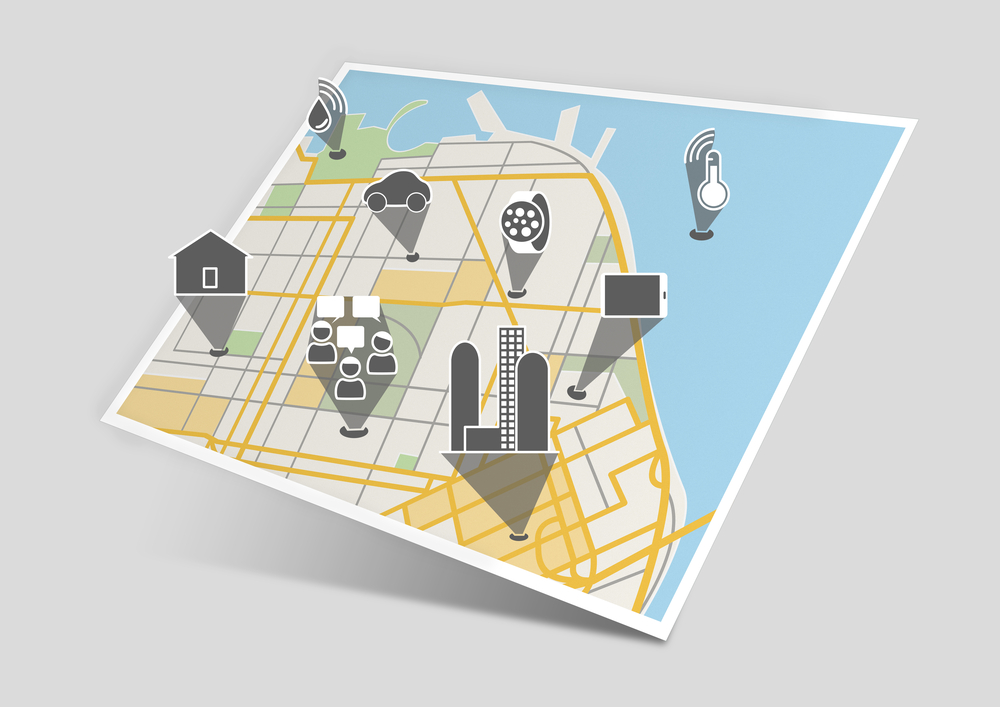internet of things and big data
With the rapid advancement of technology, the world has come to the point where machines are more in control than humans. This is essentially what the era of big data and the internet of things (IoT) is all about. These are two of the most powerful and game-changing technologies that the world has seen in the past decade. Big data and IoT are not only transforming the business world but also changing the way people live their lives.
Big Data and IoT: A Synergistic Relationship
Big data and IoT have an inseparable relationship. IoT devices generate a massive amount of data that can be analyzed to derive valuable insights. By analyzing this data, organizations can make informed decisions that can benefit them greatly.

The Difference between Big Data and IoT
Although big data and IoT go hand in hand, they are two different concepts. Big data pertains to the collection and analysis of large sets of structured and unstructured data. IoT is a network of connected devices that can communicate with each other.

Abstract
Both big data and IoT are rapidly changing the technology landscape by pushing businesses to rethink how they leverage data in pursuit of new business opportunities. Big data requires collecting, managing, and processing huge amounts of data from multiple sources, while IoT demands interconnected devices to work together.
Introduction
The introduction of IoT is changing our perception of technology. IoT enables devices to connect over the internet and allows them to interact with each other autonomously. For example, cars can inform their owners about the closest parking spots or inventory management systems can alert warehouses when supplies are low. The possibilities are endless, and the world is just scratching the surface of what can be achieved.
On the other hand, big data is making it easier to make informed decisions. Big data helps businesses to tap into structured and unstructured data to derive valuable insights. Companies can use big data to reduce costs, improve customer experiences, and even develop new products and services.
The Role of Big Data and IoT in Business
With the growth of big data and IoT, businesses are making significant strides in optimizing their operations, boosting productivity, and increasing profitability. From supply chain management to customer service, there are numerous ways in which companies are leveraging these technologies to get ahead of their competitors.
Supply Chain Management: One of the most significant benefits of big data and IoT is their ability to optimize supply chains. By connecting devices across the supply chain, businesses can monitor inventory levels, track shipments, and even automate the replenishment of supplies. This reduces the time and cost of manual operations, improves overall efficiency and provides real-time visibility into critical processes.
Customer Experience: With big data, businesses can better understand their customers’ needs and wants. They can use customer data to personalize marketing campaigns or tailor products and services to meet specific customer needs. Meanwhile, IoT can enable proactive customer service by alerting companies to issues before they arise. For instance, devices in a customer’s home can alert a service provider when a machine starts to malfunction or reach the end of its lifespan, allowing the business to proactively address the issue before the customer even knows there is a problem.
Product Development: Another way businesses are using big data and IoT is in product development. By collecting and analyzing customer data, companies can identify new opportunities for product development or enhancements. IoT devices can also offer businesses valuable insights into product usage patterns and identify areas that may need improvement.
Challenges of Big Data and IoT
Although big data and IoT are powerful technologies, they come with some challenges that businesses must address. Some of the significant challenges include data privacy and security, data integration, and data quality.
Data Privacy and Security: With the amount of data being generated from IoT devices, the issue of data privacy and security has become a significant concern. IoT devices are connected to various networks, and hackers can exploit vulnerabilities to steal sensitive data or compromise systems.
Data Integration: Integrating data from various sources is one of the most significant challenges that businesses face with big data. Data from different sources must be standardized, and data quality must be maintained to ensure accurate and actionable insights.
Data Quality: Big data is only meaningful if the data is of high quality. Data cleansing and data validation are vital steps in the data analysis process. Data that is inaccurate, incomplete, or inconsistent can lead to incorrect insights and decisions.
Conclusion
Big data and the IoT are changing the way we live and work. By leveraging the power of these two technologies, businesses can gain a competitive advantage by optimizing their operations, improving customer experiences, and developing new products and services. However, businesses must also address the challenges that come with these technologies, including data privacy and security, data integration, and data quality. As technology continues to evolve, these challenges will continue to evolve, and businesses must be prepared to meet them.


Source image : www.dataversity.net

Source image : www.kdnuggets.com

Source image : www.karmelsoft.com





